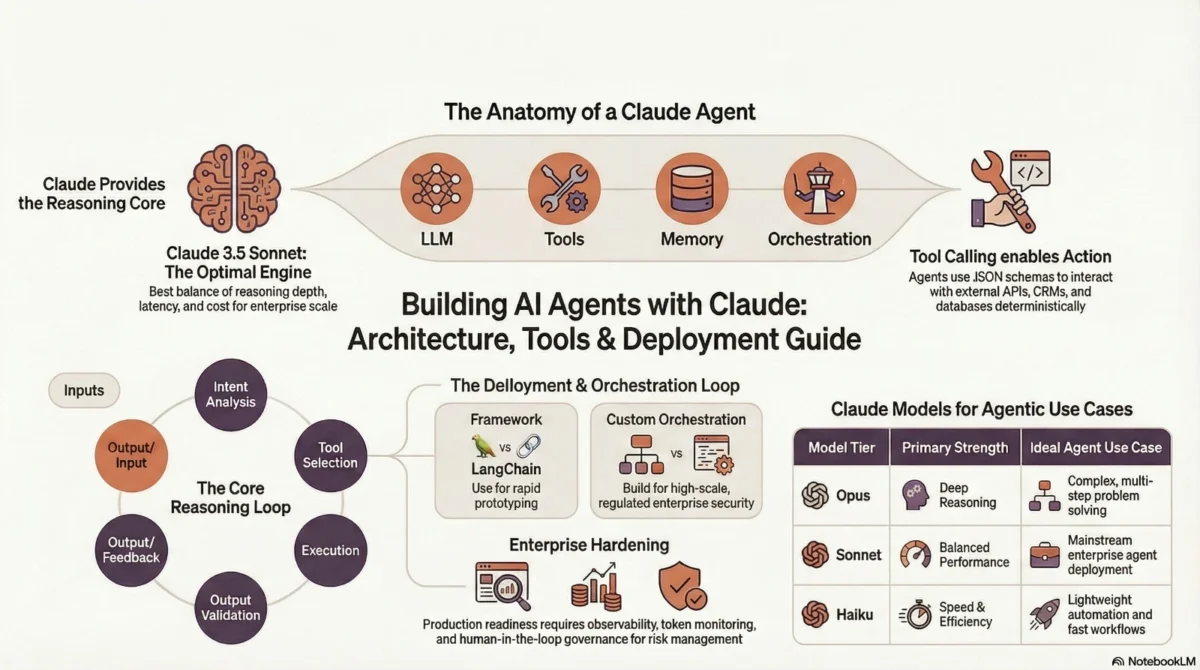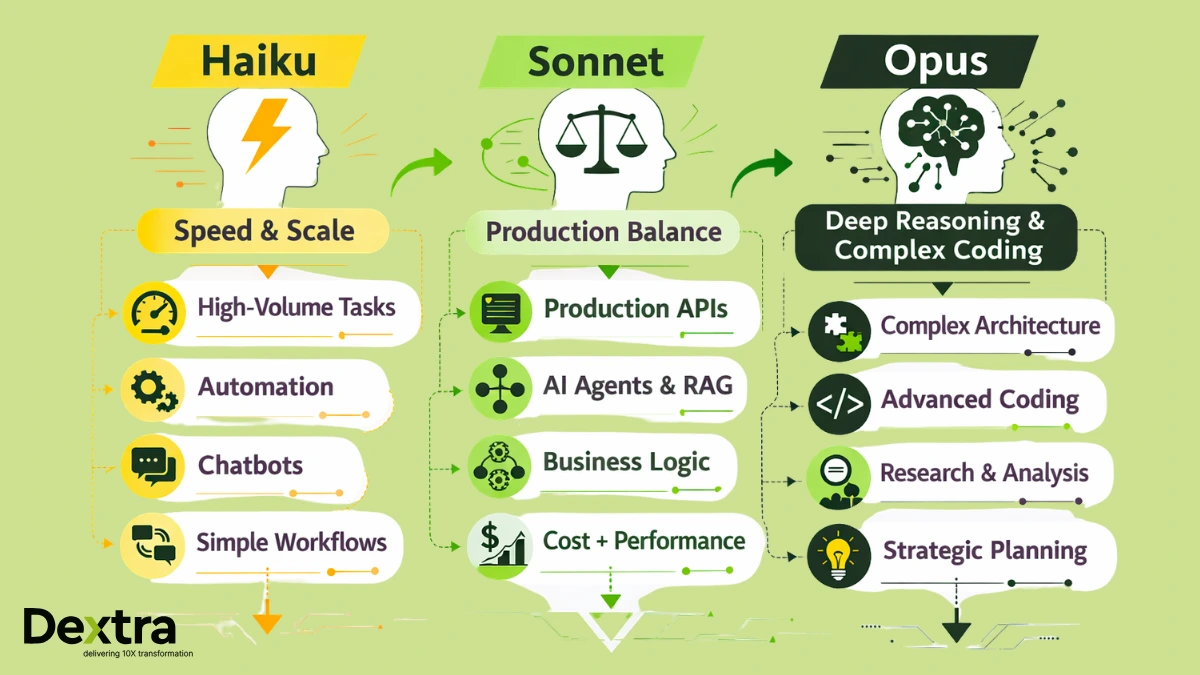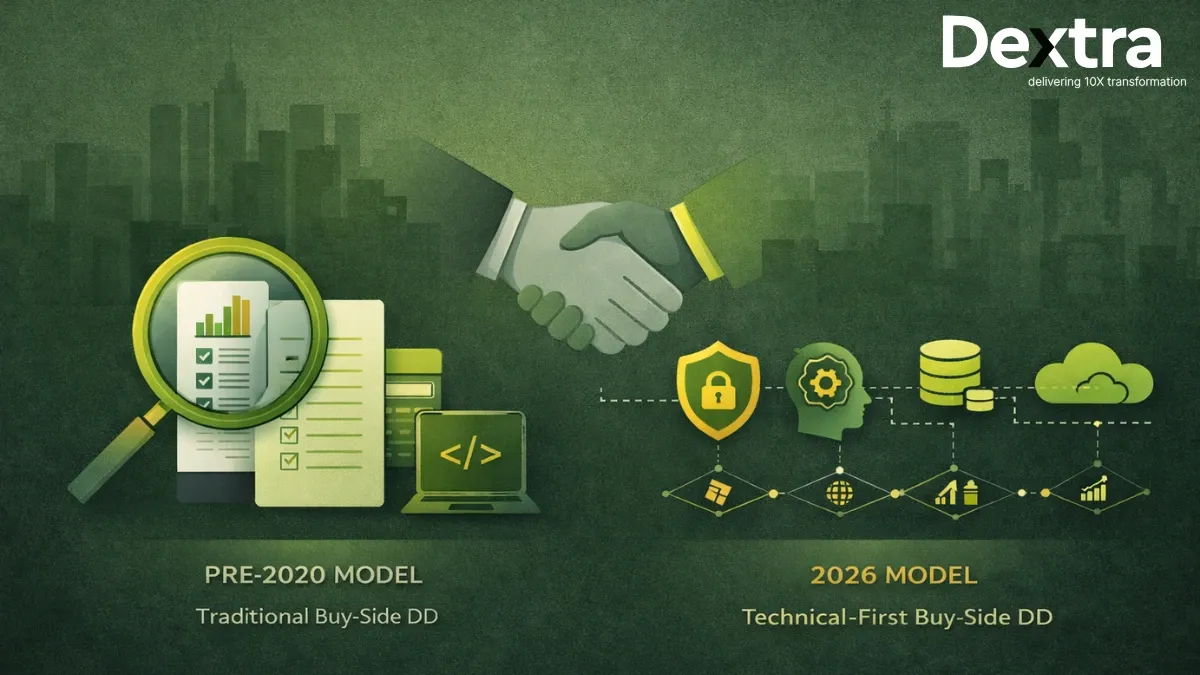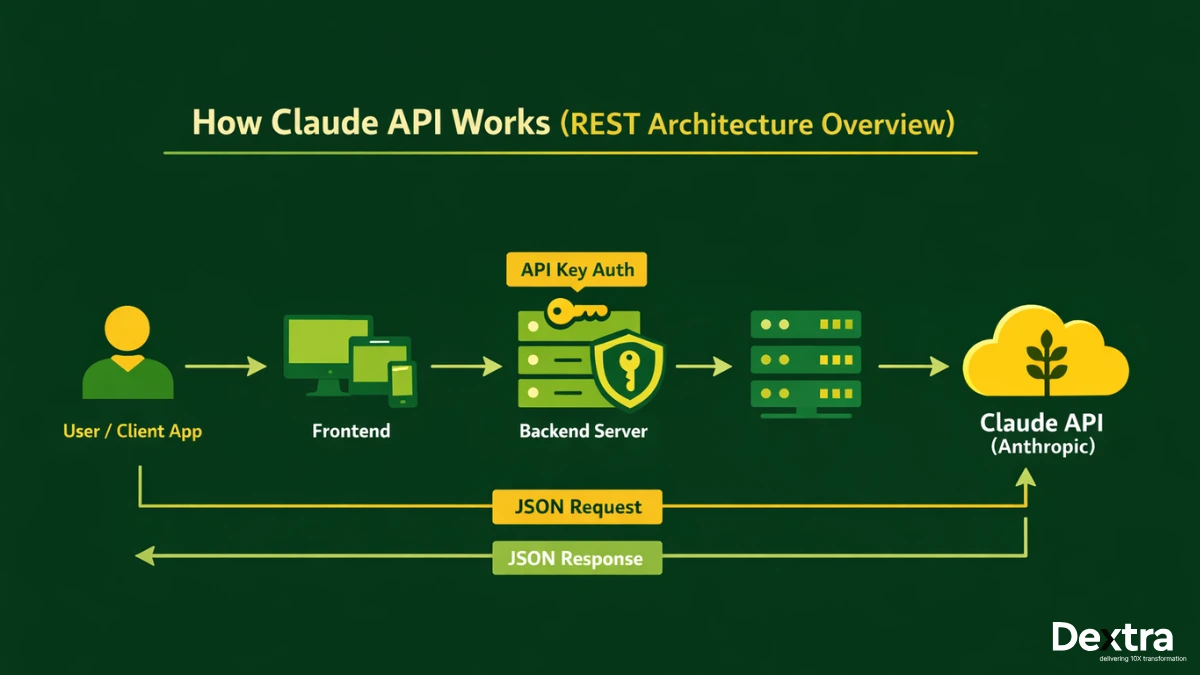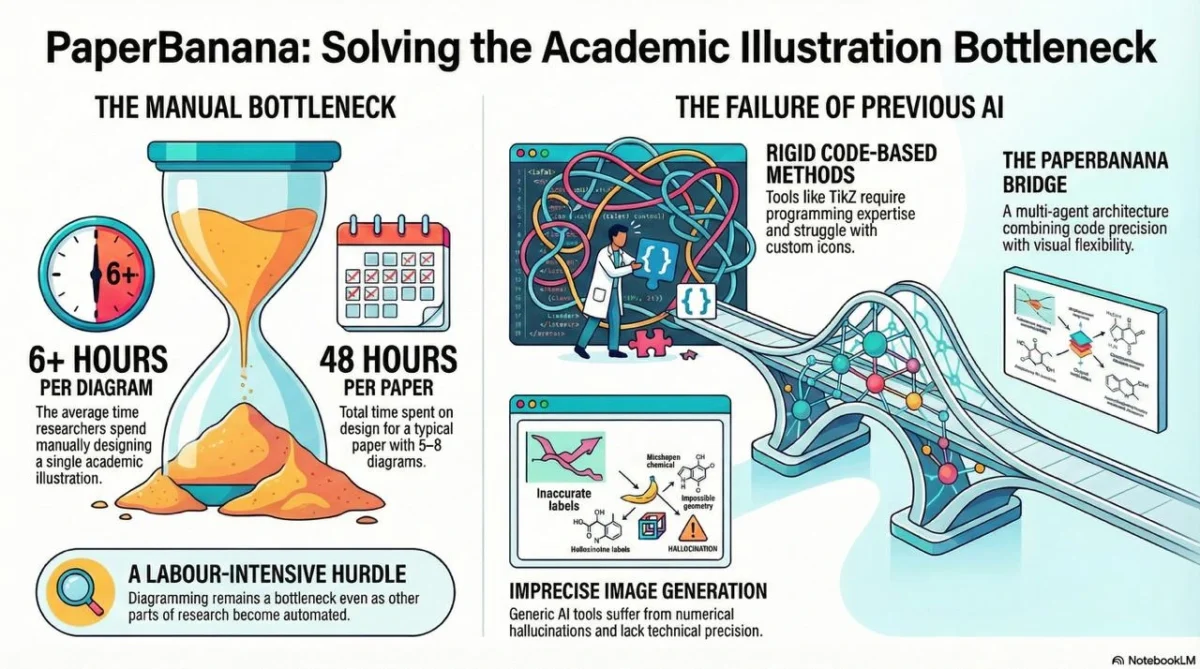Innovation drives growth and disruption in today’s fast-paced world of finance and technology – posing a unique set of challenges for investors in fintech companies. Investing in fintech can be highly lucrative, but it’s not without its challenges. Unlike traditional financial institutions, fintech startups often operate in rapidly evolving environments, facing regulatory hurdles, cybersecurity threats, and technological complexities. For investors, conducting thorough due diligence is crucial to understanding these risks and opportunities. With the potential for substantial returns comes an equally significant level of risk. One critical aspect of mitigating these risks is conducting thorough technology due diligence to ensure favorable growth prospects.
Also Read:- Tech Audit
The Importance of Technology Due Diligence (Tech DD)
Tech DD comprehensively assesses a company’s technological infrastructure, capabilities, and risks. This process goes beyond traditional financial analysis for fintech investors and focuses on evaluating the technology stack, cybersecurity measures, scalability, regulatory compliance, and intellectual property rights.
- Technology Stack: Investors need to understand the underlying technology powering the fintech platform. Whether it’s proprietary software, third-party solutions, or a combination of both, assessing the scalability, reliability, and adaptability of the technology stack is essential.
- Cybersecurity: With the rise of cyber threats targeting financial institutions, cybersecurity has become a top priority for fintech companies. Investors must evaluate the robustness of cybersecurity measures, including encryption protocols, data protection mechanisms, and vulnerability management processes.
- Regulatory Compliance: Fintech companies operate in a heavily regulated environment, subject to laws and regulations governing financial services, data privacy, and consumer protection. Investors need to ensure that the company complies with relevant regulations and has mechanisms in place to adapt to regulatory changes.
- Scalability and Performance: As fintech companies grow, they must scale their technology infrastructure to accommodate increasing demand and user volumes. Investors should assess the scalability and performance of the platform to ensure it can handle future growth without compromising reliability or user experience.
- Intellectual Property: Intellectual property rights, including patents, trademarks, and copyrights, play a crucial role in protecting the company’s innovations and competitive advantages. Investors should conduct a thorough review of the company’s intellectual property portfolio to assess its strength and potential risks.
Best Practices for Tech DD
Conducting Tech DD requires a multidisciplinary approach, involving expertise in technology, finance, legal, and regulatory compliance. Here are some best practices for fintech investors:
- Engage Expert Advisors: Seek guidance from technology experts, cybersecurity specialists, legal advisors, and regulatory compliance professionals to conduct a comprehensive assessment of the company’s technology infrastructure and risks.
- Evaluate Operational Resilience: Assess the company’s operational resilience, including disaster recovery plans, business continuity measures, and incident response protocols, to ensure it can withstand disruptions and maintain business continuity.
- Review Third-party Relationships: Examine the company’s relationships with third-party vendors, including technology providers, cloud services, and payment processors, to understand potential dependencies and risks associated with outsourcing critical functions.
- Assess Talent and Culture: Evaluate the company’s technology team, including their expertise, experience, and culture of innovation. A talented and cohesive team is essential for driving technological innovation and navigating complex challenges.
- Stay Informed: Keep abreast of emerging technologies, regulatory developments, and industry trends that may impact the fintech landscape. Continuous monitoring and adaptation are key to staying ahead in this dynamic environment.
Tech DD is a critical component of the investment process for fintech investors. By thoroughly assessing the company’s technology infrastructure, cybersecurity measures, regulatory compliance, scalability, and intellectual property rights, investors can make informed decisions and mitigate risks. Engaging expert advisors, evaluating operational resilience, reviewing third-party relationships, assessing talent and culture, and staying informed are essential best practices for conducting effective technology due diligence.
In the rapidly evolving world of fintech, staying ahead requires diligence, expertise, and a commitment to understanding the intersection of finance and technology.


